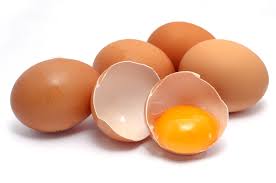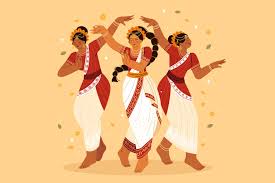Stamp: Pysanky from Lviv (Ukraine 2024)
Pysanky from Lviv (Ukraine 2024)
01 January (Ukraine ) within release Pysanky Decorated Eggs Definitives (2022- goes into circulation Stamp Pysanky from Lviv face value U No Face Value
Stamp is vertical format.
Microtext "2024".Stamp Pysanky from Lviv it reflects the thematic directions:
Humans and their hominid relatives have consumed eggs for millions of years. The most widely consumed eggs are those of fowl, especially chickens. People in Southeast Asia began harvesting chicken eggs for food by 1500 BCE. Eggs of other birds, such as ducks and ostriches, are eaten regularly but much less commonly than those of chickens. People may also eat the eggs of reptiles, amphibians, and fish. Fish eggs consumed as food are known as roe or caviar.
A tradition is a system of beliefs or behaviors (folk custom) passed down within a group of people or society with symbolic meaning or special significance with origins in the past. A component of cultural expressions and folklore, common examples include holidays or impractical but socially meaningful clothes (like lawyers' wigs or military officers' spurs), but the idea has also been applied to social norms and behaviors such as greetings, etc. Traditions can persist and evolve for thousands of years— the word tradition itself derives from the Latin word tradere literally meaning to transmit, to hand over, to give for safekeeping. While it is reportedly assumed that traditions have an ancient history, many traditions have been invented on purpose, whether it be political or cultural, over short periods of time. Various academic disciplines also use the word in a variety of ways.


